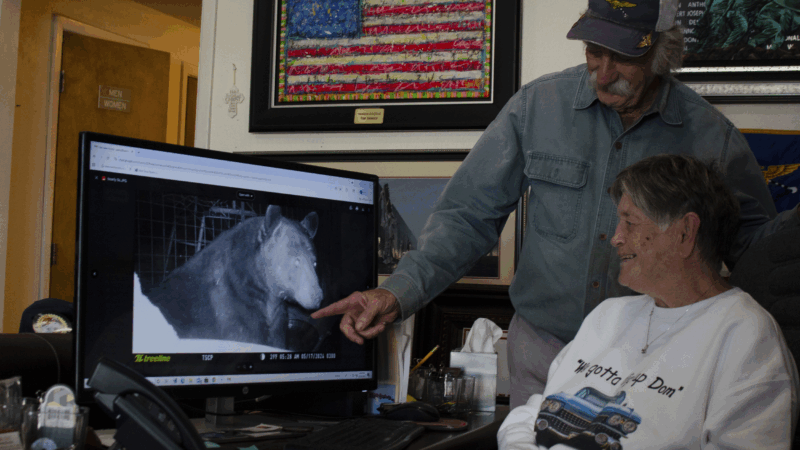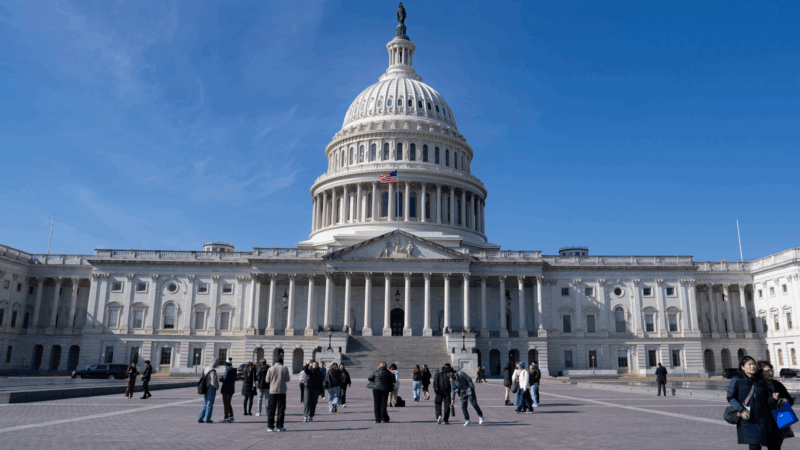A Pentagon inspector general announces investigation into Hegseth’s use of Signal
The Pentagon acting Inspector General Steven Stebbins is beginning an evaluation of Defense Secretary Pete Hegseth’s use of the Signal messaging app to discuss military operations.
Stebbins’ memo on Thursday follows a request from the Republican chairman and the top Democrat on the Senate Armed Services Committee for a probe into the incident, which was first reported by the journalist Jeffrey Goldberg of The Atlantic. The lawmakers have voiced concern about whether Hegseth and other top national security officials shared classified information on a commercially available encrypted messaging app as they discussed a military strike against Houthi rebels in Yemen.
“If true, this reporting raises questions as to the use of unclassified networks to discuss sensitive and classified information, as well as the sharing of such information with those who do not have proper clearance and need to know,” Sen. Roger Wicker, R-Miss., and Sen. Jack Reed, D-R.I., wrote to Stebbins.
The leaders plan to hold a hearing on the matter after they collect evidence, Reed has told reporters.
Stebbins wrote that the aim of his investigation “is to determine the extent to which the Secretary of Defense and other DoD personnel complied with DoD policies and procedures for the use of a commercial messaging application for official business.” The review will also examine “compliance with classification and records retention requirements,” he said.
Stebbins became acting inspector general after President Trump fired a swath of inspectors general across the government after taking office in January.
Hegseth has adamantly denied that any classified war plans were discussed in the Signal chat.
The White House said on Monday that it had concluded its own review of how Goldberg was inadvertently included on the group chat, and said that none of the information shared was classified, despite its sensitive nature.
“This case has been closed here at the White House as far as we are concerned,” press secretary Karoline Leavitt told reporters. “There have been steps made to ensure that something like that can obviously never happen again, and we’re moving forward,” she added, without detailing those steps.
NPR disclosure: Katherine Maher, the CEO of NPR, chairs the board of the Signal Foundation.
Jazz, joy and one ragged Christmas tree: 60 years of ‘A Charlie Brown Christmas’
On Dec. 9, 1965, "A Charlie Brown Christmas" premiered on television. In 1995, Peanuts creator Charles Schulz spoke with NPR's Bob Edwards on Morning Edition.
Ukraine’s last eastern strongholds hang on as Russia fights to take Donbas
Russia is pushing to take over all of eastern Ukraine's Donbas region, where one resident tells NPR that she feels her "life depends on how our guys at the front hold on."
Are we in a recession? Maybe professional Santas can tell us
Demand for professional Santas and other seasonal workers seems to have cooled. Could that be a sign we're in a recession?
Black bear populations are bouncing back. Here’s how these Texas towns are coping
Historically, Black bears were the biggest predator to travel the Big Bend area of Texas. But overhunting and habitat loss led to their decline.
A 101-year-old runs the largest nutcracker museum in the U.S. Here’s a look inside
Arlene Wagner has been collecting nutcrackers for nearly 50 years. Now, she's got one of the largest collections in the world, housed at the Leavenworth Nutcracker Museum in Washington.
The GOP has allowed Trump to expand his authority. Here’s where they’re pushing back
Republicans in Congress have shown some willingness to push back on President Trump, but it is not clear how far they are willing to push back against the leader of their own party.








